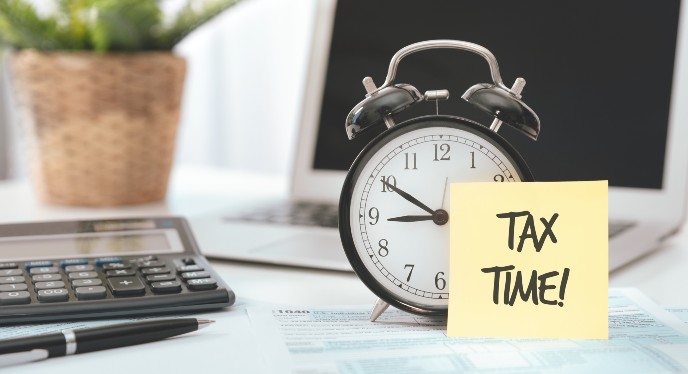January is always an extremely busy month for anyone working in the bookkeeping or accountancy sectors. With the online self-assessment tax return deadline of 31 January looming, we are working overtime to help our clients get their books in order and ensure no one incurs penalties for late filing.
However, while we are here to lighten the load and make sure everything is in meticulous order, there are things you can do to ensure the process goes as smoothly as possible and you’re not left panicking at the last minute. In this blog, we outline some of the key information you need to know about self-assessment tax returns for the 31 January 2021 deadline and how you can prepare this year for next January’s deadline.
Do I need to file a self-assessment tax return?

You will need to file a self-assessment tax return if you:
- Are self-employed
- Are not self-employed, but you have to send a tax return for another reason. For example, you receive income from renting out a property
When can I not file a self-assessment tax return online?
You cannot file a return online if:
- You are a partnership
- You are a trust or estate
- You lived abroad as a non-resident
- You report ‘chargeable gains’. For example, from life insurance
- You receive income from a trust, you’re a Lloyds underwriter or a religious minister
Instead, you must use commercial software or download other forms.
What happens if I don’t file my self-assessment tax return in time?
You will need to pay a £100 penalty if your self-assessment tax return is up to three months late. If it is delayed even longer, you will have to pay more. You will also be charged interest on these payments. Therefore, to avoid hefty fines, you should make sure you prepare everything you need for your tax return well in advance. We recommend starting as soon as possible and at least six months beforehand, but it is never too early!
What information do I need for my self-assessment tax return?
To complete your tax return, you should have the following information:
- Your national insurance number
- Your Unique Taxpayer Reference (UTR) code. This is a ten-digit number that is automatically supplied when you register for self-assessment or you set up a limited company. For information about locating a lost UTR, please visit the government’s website
- Details about your untaxed income from the tax year. This includes any dividends and interest you might have earned on shares or savings
- Records of any expenses relating to your self-employment. You can find more information about expenses on our blog Can I claim back expenses while working from home?
- Any charity or pensions contributions you have made, which might be eligible for tax relief
- Your P60 or other records showing how much income you received, which you’ve already paid tax on
If you are uncertain as to whether you should be completing an online self-assessment tax return, or you need help with what needs to be included, then we are here to help. Please give us a call on 01892 559480, or get in touch via our online enquiry form.







